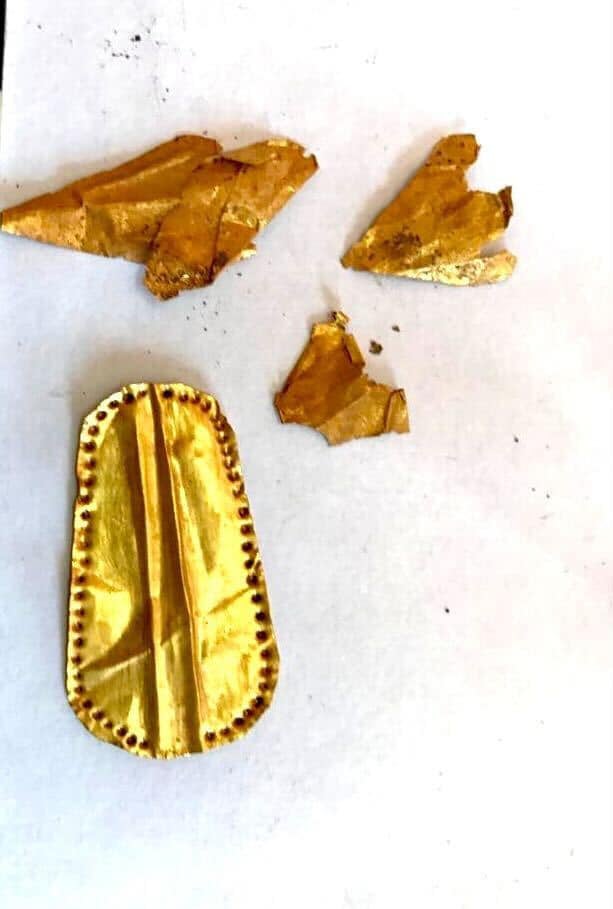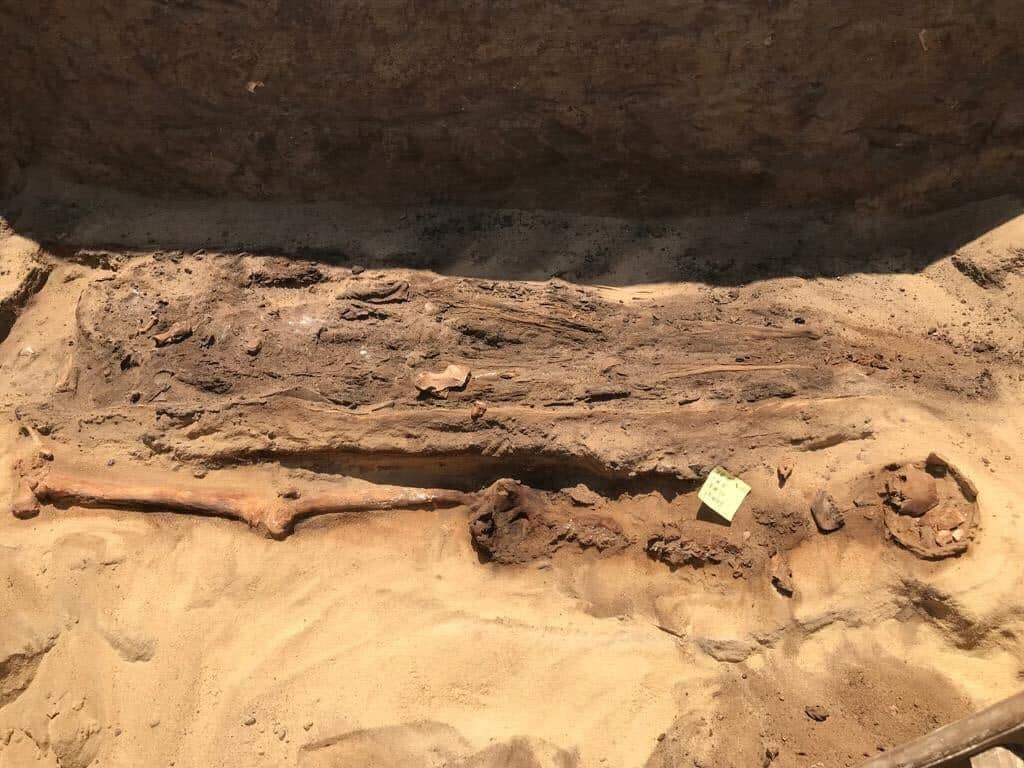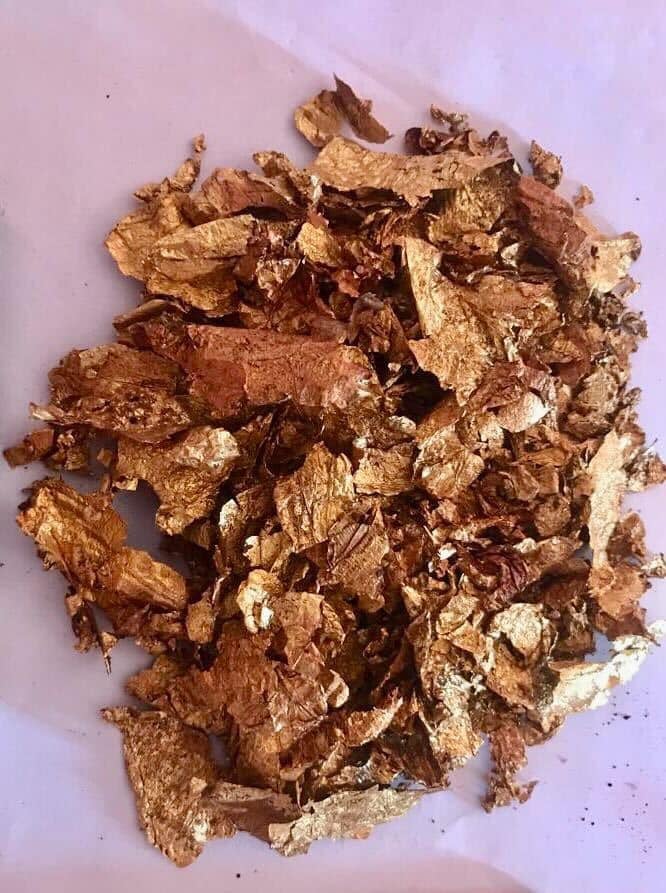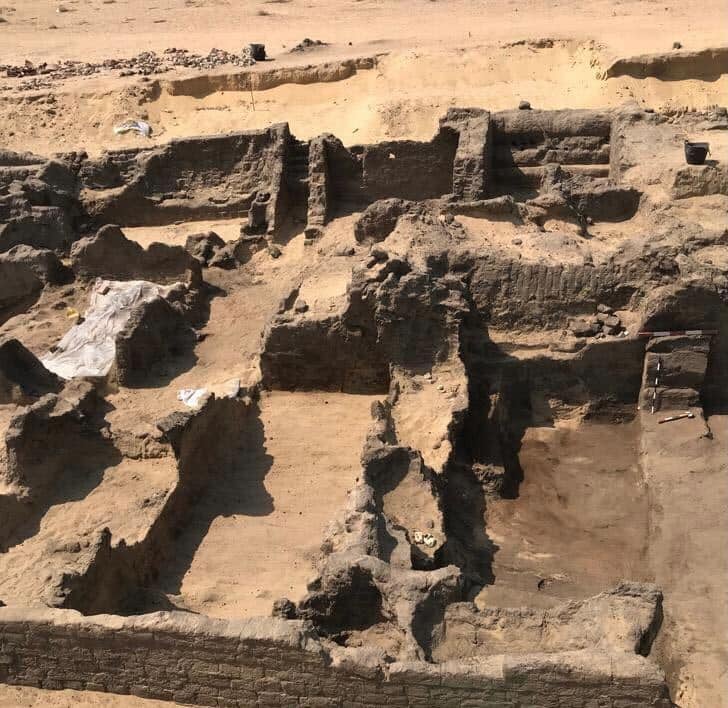Mummies with golden tongues discovered by archaeologists in Egypt
Tongues were replaced with gold chips so they could speak to ancient Egyptian God of the dead

Archaeologists in Egypt have discovered several ancient tombs containing mummies with golden tongues in their mouths.
The mummies were found in the ancient cemetary of Qewaisna about 40 miles north of Cairo, dating between 300BC and 640AD.
The Egyptian archaeological mission of the Supreme Council for Archaeology working in the Qewaisna region in the Menoufia Governate, uncovered an extension of the cemetary which included archaeological tombs dating back to different periods of time.

In 2021, investigators at the site unearthed a skull with a tongue-shaped ornament in its mouth. By the end of 2021, a man, a woman, and a child mummy were all again found with golden tongues.
Dr Mustafa Waziri, Secretary-General of the Supreme Council for Archaeology, said that the mission had found a number of golden chips in the form of human tongues in the mouths of some of the mummies, which were in a poor state of preservation.
Several mummies were discovered coated with gold on the bone directly underneath the linen wraps.
The archaeologists also found golden chips in the forms of scarabs and lotus flowers, as well as several funeral ornaments and pottery that were likely used in the mummification process.

Experts believe that the mummies’ real tongues were removed during the embalming process and replaced with a gold chip so the deceased could speak to the ancient Egyptian god of Osiris, who was “Lord of the Underworld”.
Dr Ayman Ashmawi, head of the Egyptian archaeology sector at the Supreme Council of Archaeology, said the excavations inside the cemetery revealed that it was used during three different time periods.

Arachaeologists found that the burial customs at each level were different from each other, and that there were different directions of burial and the ways of placing mummies.
The site was first discovered in 1989, with excavations there between 1989 and 2000 revealing mostly Ptolemaic and Roman period structures, which covered from about 300 BC to 640AD.
Join our commenting forum
Join thought-provoking conversations, follow other Independent readers and see their replies
Comments
Bookmark popover
Removed from bookmarks